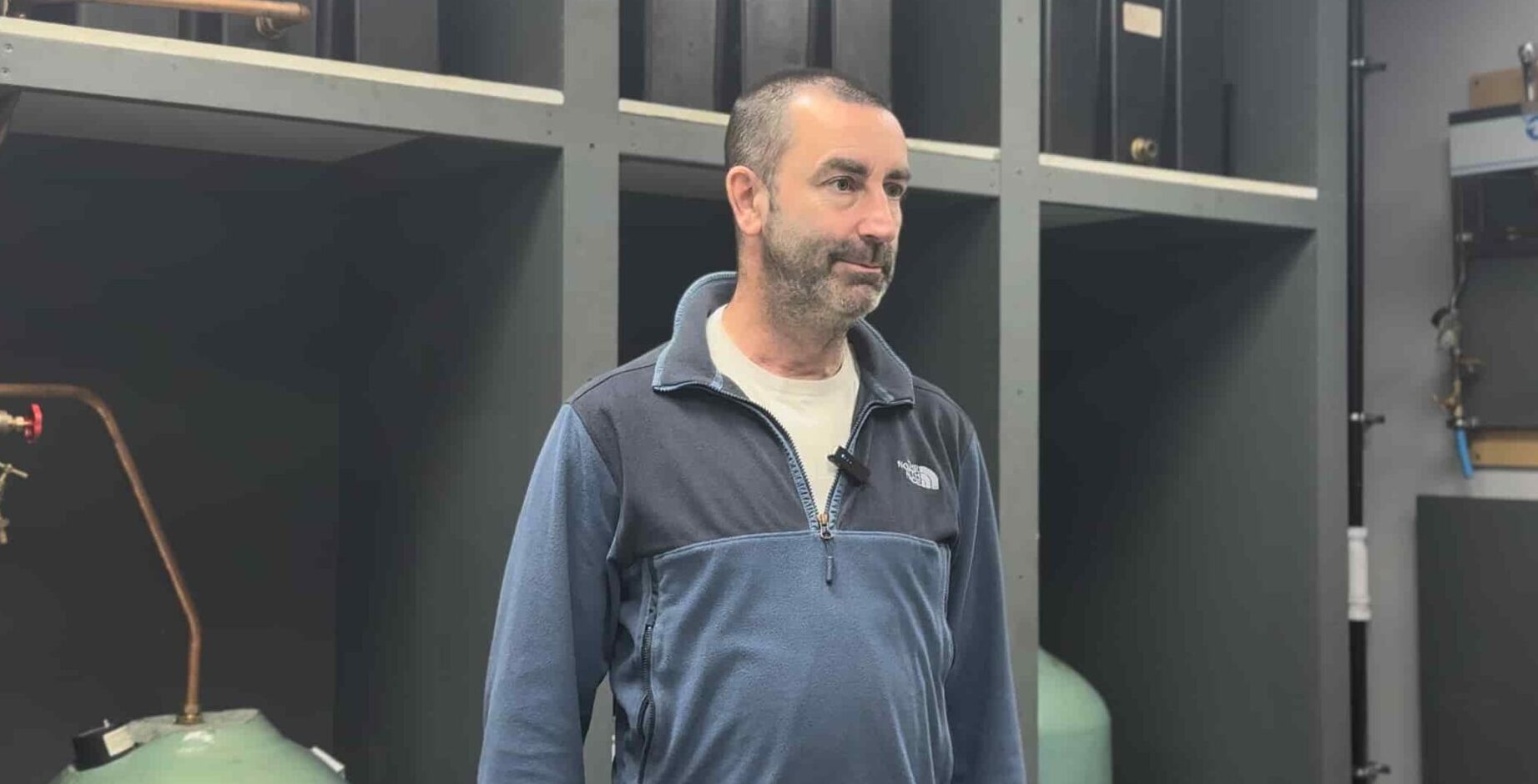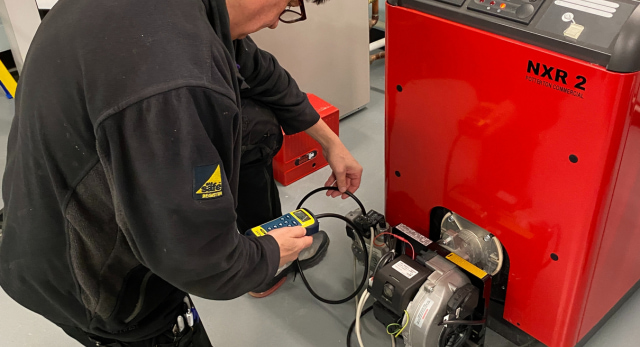A recent survey has shown that a lack of skilled workers and poor training opportunities are the most pressing concerns for modern plumbing and heating installers.
Commissioned by Wavin, over half (56%) of respondents stated that the skills gap is the biggest threat facing the plumbing industry today.
In Logic4training’s opinion, plumbing and heating engineers could help beat the skills gap themselves by looking to upskill their own staff and the next generation of installers. Apprentices are one such route – an important starting point for many vocational careers, as well as options to build on existing skill sets.
Is the answer to the skills shortage under your nose?
The ideal employee should be someone you trust and get along with; family members, friends and existing staff may already fit this bill but lack the right qualifications to meet your businesses requirements. A good option could be to look to entry-level routes that either build on existing skills and experience, or start from scratch for those with the right attitude and practical aptitude.
For businesses looking to add more qualified gas installers to the mix, for example, our Managed Learning Programme (MLP), provides the right foundation, covering everything required to go on to complete Gas ACS. We assess what elements a candidate needs to pass – an existing plumber already has many of the skills and some of the qualifications required so they won’t have to go over old ground.
From skills gap to multi-skilled
There’s also a lot of benefit in diversification. Plumbers upskilling to become heating engineers, including domestic electrical work in your offering, or adding renewables to the mix. By being a multi-skilled installer, you’ll be opening yourself up to more work and potentially cutting costs (and time on a job) by reducing the number of different trades involved – why not install, plumb and wire in a boiler, for example.
Demand is always a good thing, and while there are challenges attracting and retaining new talent into the sector, the answer to your own skills shortage might be closer to home than your think.
Interested for yourself or your staff? Click here for more information.









